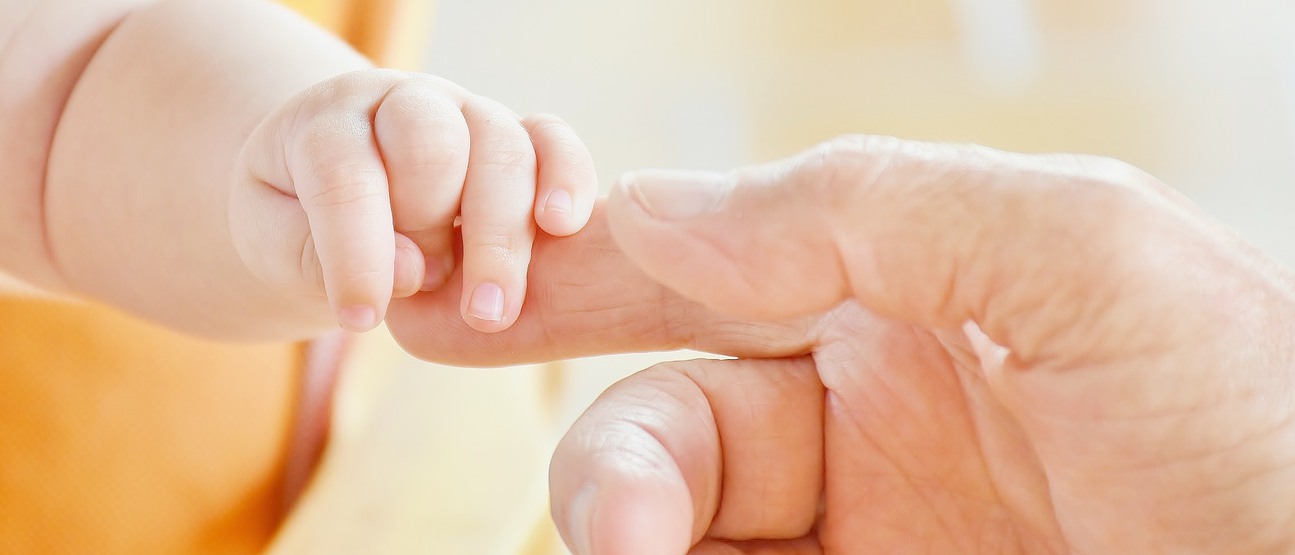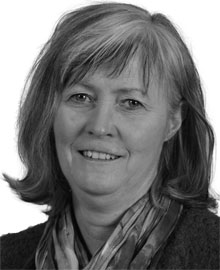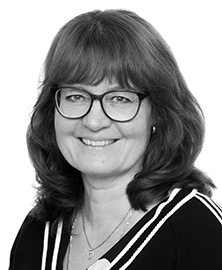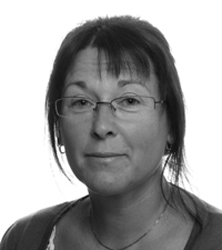Stina Thorstensson
School of Health Sciences


The University of Skövde funds a doctoral project on parental support. The overall aim with this doctoral project is to examine existential health and sustainable development among women and partners during the transition to parenthood as well as explore midwifes understanding of existential health and sustainable development in a digital society relating to parenthood. This can be a basis for creating a care that contributes to sustainability for parents and society.
Thoughts relating to our existence are present throughout the lifecycle and tend to be more present in the beginning and at the end of life. Life is often stressful in today’s society. Many people feel the pressure for perfection, efficiency and flexibility which could lead to a lack of reflection on existential issues. To become a parent is a transition in life when existential reflections on the meaning of life present themselves and require resources such as sense of coherence.
Health care generally focus on the treatment of symptoms of illness while the cause remain unaddressed. The transition to parenthood is a major life event and changes that occur during the time of pregnancy may be the first time that the parents experience a high level of emotional stress. Midwifes need to pay attention to parents´ existential health in order to achieve sustainable development for both the parents and society at large.
The aim of this doctoral project is to expand the knowledge of transition to parenthood as a vulnerable time in the parents’ life. It also deals with the impact this experience have on the expecting and new parent couple’s psychological resources, the couple’s relation and the parent child relation and how relevant care can meet that vulnerability in an optimal way to contribute to social sustainability and a positive social development.
This doctoral project contributes to knowledge about the parents' experience of becoming parents in relation to the parental couple relationship, their own resources and the parents´ relationship with the child. Furthermore this study is expected to provide knowledge of how midwives relate and respond to existential issues/challenges when meeting expecting and new parents. This information will constitute a foundation to reform the care process to create sustainability for new parents and in society.

School of Health Sciences



